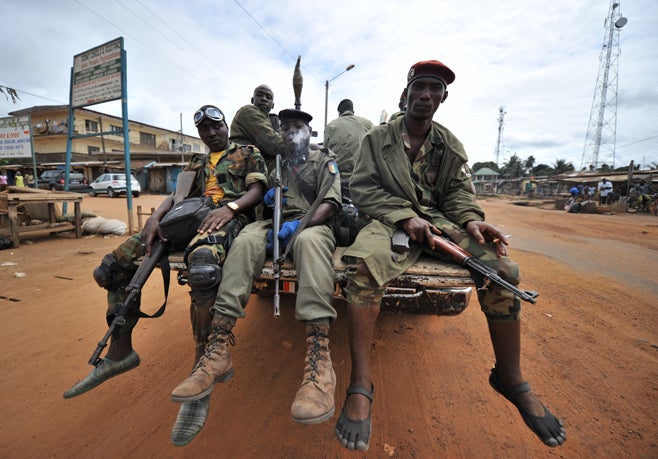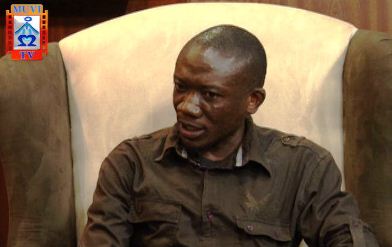By Ryan Aliman
Impunity Watch Reporter, Africa
BUJUMBURA, Burundi – Despite its recent adoption by the Burundian National Assembly on April 3, Burundi’s new media law is already receiving fire from various human rights organizations.

According to the groups, the newly passed bill is an unconstitutional restriction on freedom of expression and independent journalism. Among other things, it increases penalties, reduces safeguards for sources, and bars journalists from reporting a list of topics that could be detrimental to the government.
Under one provision, journalists are prohibited from publishing news that could affect “national unity; public order and security; morality and good conduct; honor and human dignity; national sovereignty; the privacy of individuals; the presumption of innocence.” They are also not allowed to tackle issues that involve “propaganda of the enemy of the Burundian nation in times of peace as of war” and “information that could affect the credit of the state and the national economy.” Doing so would be considered illegal, especially if it were interpreted as affecting national unity or order, and could lead to exorbitant penalties.
Although the bill eliminated imprisonment as punishment, it replaced prison terms with “extortionate fines” which were substantially increased to up to 8 million Burundian francs (roughly US$5,000) – a substantial amount in the struggling Eastern African country.
Another provision of the bill requires news agencies to “rigorously check” their sources without elaborating on how to carry it out.
“This sweeping language means that topics journalists could legally cover would be severely restricted,” said Daniel Bekele, Africa director at Human Rights Watch. “They might not even be allowed to write about inflation, much less security issues or political killings,” he continued.
The Union of Burundian Journalists (UBJ) said the bill is unconstitutional. If nothing else, its main aim is to “close independent media” according to UBJ’s president, Alexandre Niyungeko. “This bill denies the freedom of expression and media, it is against the country’s constitution and other international laws such as the universal declaration of human rights,” Niyungeko added.
For the new media bill to be passed into law, the Senate has to approve it and turn it over to the President for his signature.
Reporters Without Borders released a statement last week urging the Senate not to pass the bill because it “would considerably reduce the freedom of Burundi’s journalists and media.” “What with this law and the impact of the recent Ruvakuki case, the Burundian media could be prevented from playing its role in the democratic debate,” the statement pointed out.
Reporters Without Borders discussed the same bill with government authorities last year where they agreed on several positive amendments to the law, removing a number of restrictions. However, for reasons that remain unclear, the version that was approved by the national assembly was the original draft.
For further information, please see:
Human Rights Watch – Burundi: New Law Would Muzzle Journalists – 12 April 2013
WAN-IFRA – Journalists in Burundi and Kuwait suffer setbacks – 12 April 2013
IFEX – New law would limit protection of sources, increase fines for journalists in Burundi – 5 April
Afrique Jet – Burundi: Media bill triggers protest in Burundi – 4 April 2013
Reuters – Burundi parliament passes tough media law – 4 April 2013



